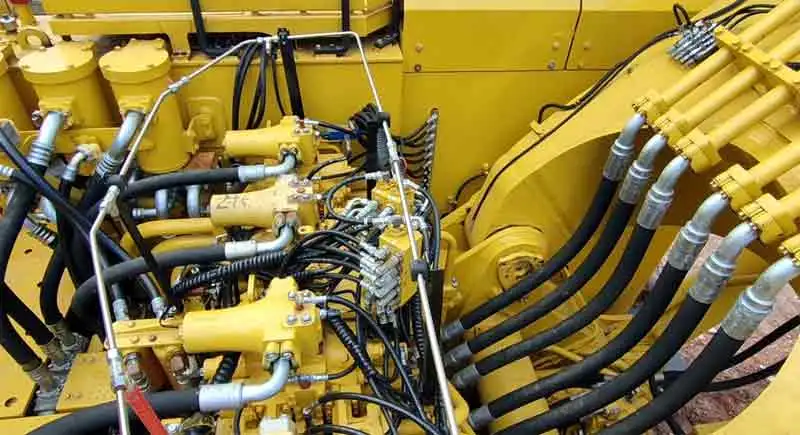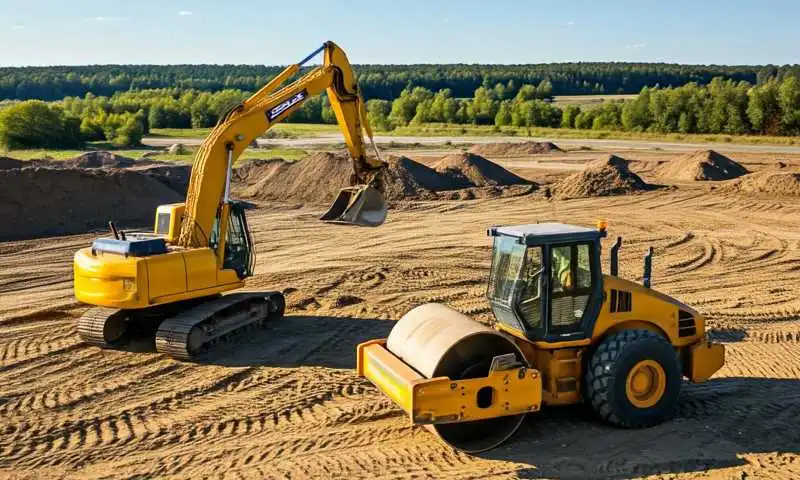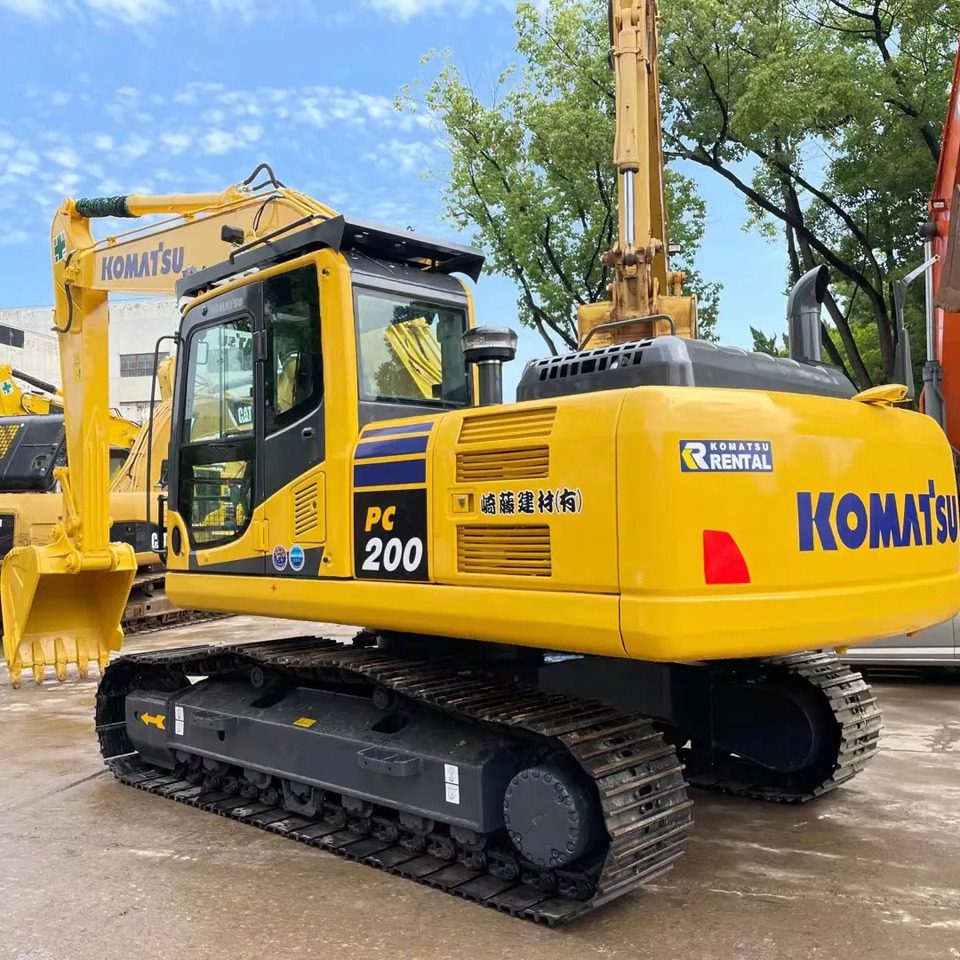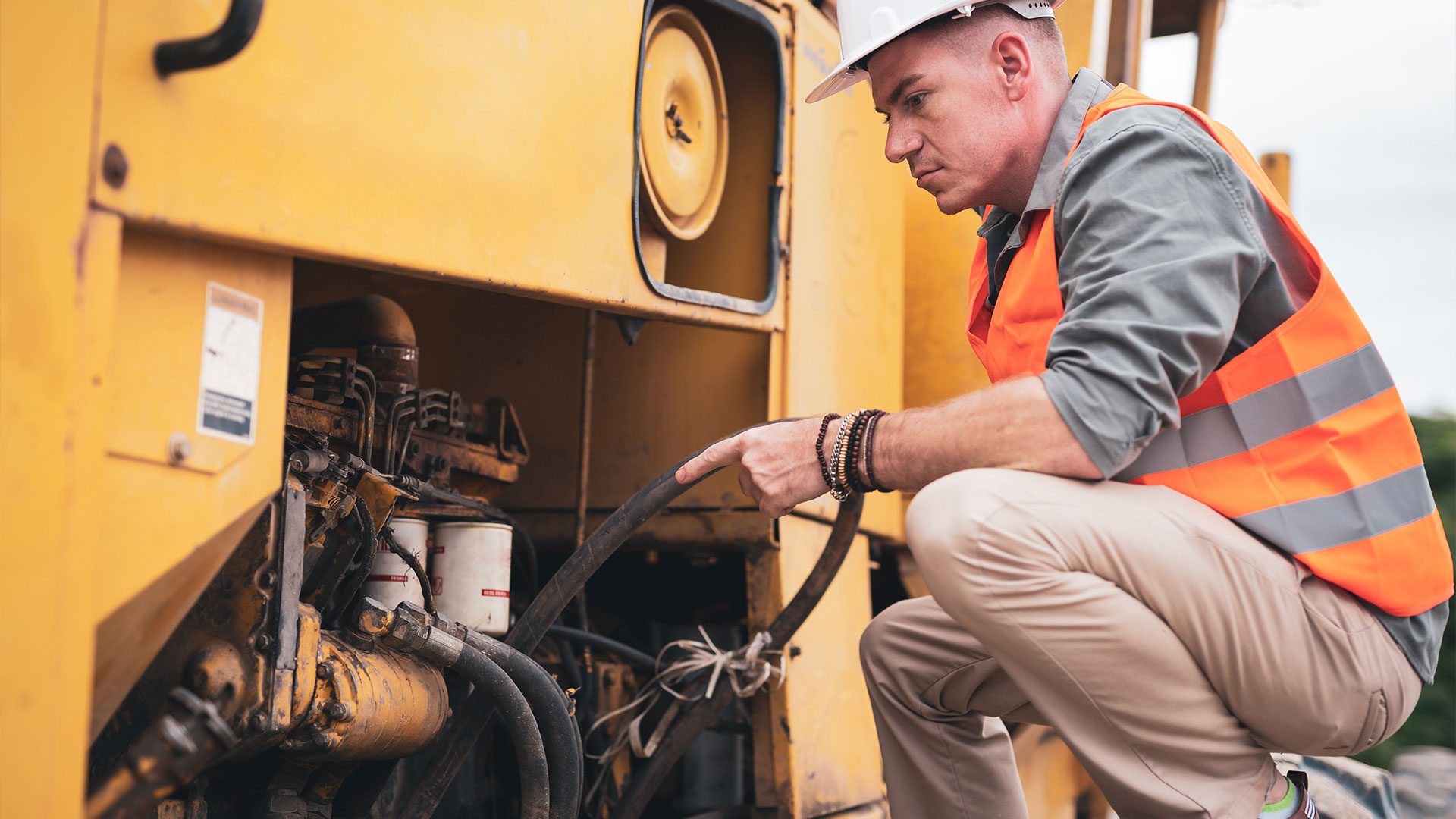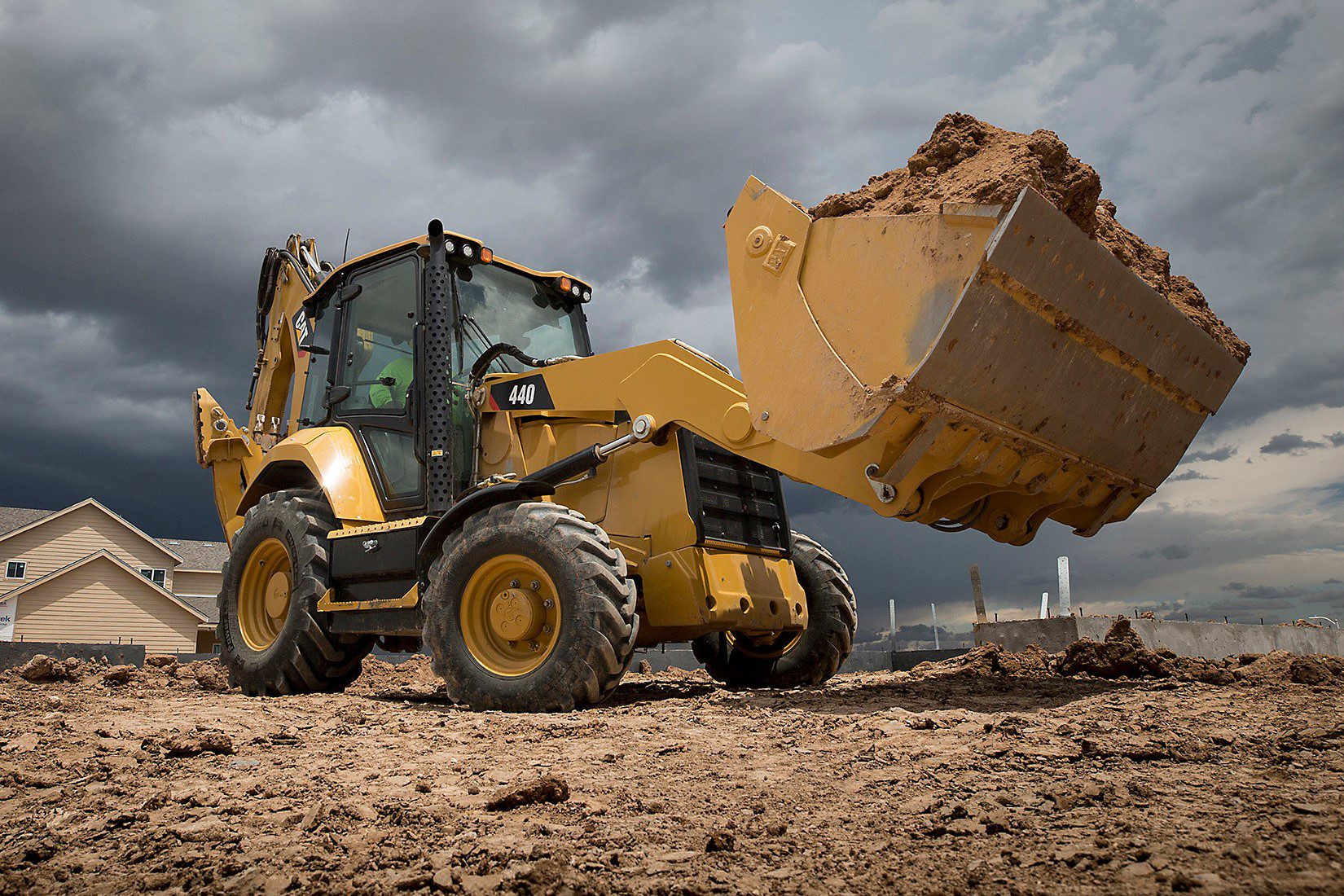Speaking of excavators, Maybe not many people know what the Control Valve Excavator is not? Easy, This tool is a hydraulic component that can regulate pressure, direction, until the oil flow to the excavator component.
When control valve experience problems, The impact is immediately felt on the excavator performance. Control valves generally work 200.000 cycle, If more than that, it starts to damage the section sealing-Nya. This affects the system pressure to be unstable, as a result the movement becomes slow, unresponsive, or even stop totally.
In this article, we will discuss about how it works to maintenance techniques control valve. It's not only important for technicians, but also the excavator operator and owner to keep your heavy equipment durable and productive. Listen to the end, of!
What is Control Valve Excavator?
Control valve on the excavator is hydraulic component essential in charge of regulating direction, pressure, and oil flow from the main pump to the actuator. This actuator includes a cylinder boom, arm, bucket, and wheel drive system (track drive).
This component is often also called main control valve (MCV), generally consist of several connected blocks, Each is responsible for controlling specific hydraulic movements. It can be said that, valve This acts as a "brain" of fluid director, make sure each section excavator able to move in accordance with the order from the operator.
The main function of the control valve excavator
Control valve Excavators have several important tasks that ensure heavy equipment work well:
1. Adjust the direction of the boom motion, arm, bucket, and swing
Control valve play a role in directing the flow of hydraulic oil to the right cylinders. When the operator moves joystick, valve will open a certain path so that the boom can go up and down, Arm back and forth, Bucket open-covering, and the excavator body can rotate according to operator instructions.
2. Adjust the hydraulic pressure according to the workload
Control valve can detect how heavy the load is being lifted or excavated. When lifting heavy material, valve will increase hydraulic pressure, As for the lightweight pressure, the pressure will be reduced. This system ensures excavator Always have sufficient energy without energy waste.
3. Maintain the stability of the work of the tool and avoid damage to other components
Control valve equipped with a safety system that prevents excessive pressure or too fast movements. The reason is, If there is an anomaly in the system, valve will automatically limit oil flow to protect the cylinder, hose, and other hydraulic components.
4. Supports fuel efficiency and engine power
By managing oil flow efficiently, control valve Helps save fuel. Oil is only flowed as needed, Until the machine does not work heavier than the needed.
Types of Control Valve Excavator
There are several types of control valve commonly used in excavators:
1. Main Control Valve (MCV)
MCV is the main valve that controls all big excavator movements. MCV receives orders from the operator and divides the oil flow to various parts.
2. Relief Valve
Relief Valve served as a safety. If the oil pressure is too high, This valve will open automatically and return excess oil to the tank. So as to prevent damage to the pump, hose, or other components.
3. Check Valve
Check Valve is a one -way valve that prevents oil from flowing back. For example, When the boom is lifted up, This controller valve will be sure boom does not go down alone when the engine is turned off and maintains work safety.
4. Proportional Valve
The last type of valve functions to provide very fine control. Operators can adjust the speed of movement with high precision from very slow movements to very fast, according to work needs.
Sign-TYou Control Valve Problems
How to find out if control valve Starting in trouble? Here are some of the symptoms that are easily known:
- Slow movement
If the excavator moves slowly even though the engine is in good condition, possibility control valve does not drain Oli well. The problem can occur because the valve is dirty or worn out.
- Unresponsive movement
A non-subtle or disconnected motion marking control valve Cannot regulate oil flow consistently. Foreign materials may enter the valve or there are damaged components.
- Abnormal sound
The sound of hissing or rumbling that is unusual from the valve area can indicate an abnormal leak or pressure. This sound can also be caused by an unexpected decrease in pressure valve the cracks
- The overweight system
If the valve feels very hot when touched or oil temperature increases dramatically, This indicates that Valve does not work optimally and requires immediate attention.
Daily maintenance tips Control Valve Excavator
Caring for Control Valve actually not difficult if done routinely. Here are practical tips you can do:
- Check the system pressure on a regular basis
Try to check every day to check the hydraulic oil pressure using gauge Or the measuring instrument available on the excavator dashboard.
- Check the leak in the hose and valve connection
Do visual checks around valve and hose to look for signs of oil that dripped or stagnant. The slightest leak must be fixed immediately, GAR does not reduce performance.
- Make sure the hydraulic oil is always clean and enough
Oli dirty is the main enemy control valve which can clog channels and damage components. Make sure the oil is always in a clean condition, enough volume, and change the oil filter according to the recommended treatment schedule.
- Clean dust and mud from the valve area
Dust, lumpur, and other impurities can enter the system and damage valve. Clean the area around the valve every day using a clean cloth or fine brush to prevent contamination.
- Avoid operating the tool while the oil is still cold
Thick oil can make excessive pressure on valve. Better turn on the engine without burden before 5-10 minutes so that the oil reaches the right working temperature.
- Use hydraulic oil according to the manufacturer's recommendations
Use oil with viscosity and quality according to factory recommendations to maintain performance valve and prevent premature damage.
Control valve is a vital component that determines your excavator performance. By understanding its functions and doing routine maintenance, You can save on repair costs and ensure excavators are always ready to work optimally. But if you want to focus on the project without dizzy thinking about heavy equipment maintenance, There is a more practical solution.
PT Perkasa Sarana Utama (PSU) Present as a trusted partner who offers excavator rental services and other heavy equipment in excellent condition. All aspects of routine maintenance, including maintenance control valve, is included in our rental package. So you don't need to worry about the cost of repairing or availability of spare parts.
We also provide free consultation services to help determine the type of heavy equipment that best suits the field conditions and your project scale. The PSU technical team will conduct a location assessment and provide efficient recommendations so that the project runs on time and cost effective.
Feel free to contact PSU! You can rent an excavator without going to the office. Available various booking options, starting fromCall Center, WhatsApp, email, and contact form which can be accessed directly. Read the guide here.
Want to consult your project? Contact us to whatsapp number (0811358378). Don't forget to follow our Instagram on@psualatberat For the latest information.


